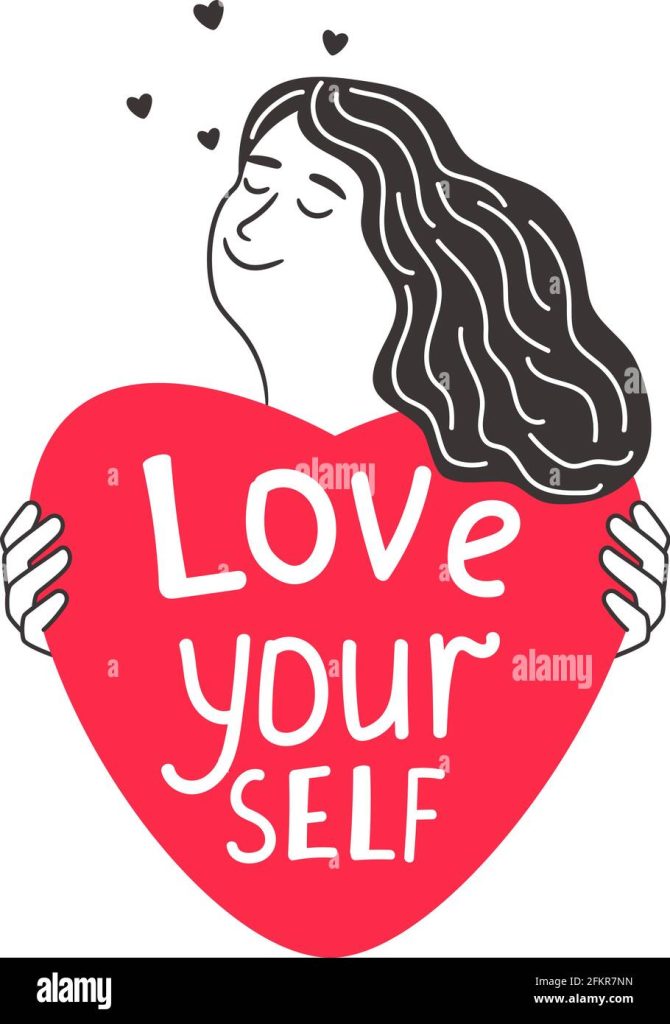Softness has long been associated with weakness in society. We are often encouraged to be tough, aggressive, and unyielding in order to succeed in life. However, what if we shifted our perspective and embraced softness as a source of power?
Softness isn’t weakness—it’s power. In a world that values strength and dominance, being soft can be seen as a radical act of resistance. It takes courage to be vulnerable, to show empathy and compassion in a world that can be cold and unforgiving. It takes strength to open your heart and let others in, even when it might be easier to close yourself off.
Being soft doesn’t mean being passive or submissive. It means having the strength to be gentle, to listen, to understand, and to connect with others on a deeper level. Softness allows us to approach life with curiosity and openness, rather than with fear and defensiveness. It allows us to be flexible and adaptable, able to bend and flow with the challenges that come our way.
Softness is not about being a pushover or letting others walk all over you. It’s about setting boundaries and standing up for yourself in a way that is firm but also kind. It’s about speaking your truth with compassion and empathy, rather than with aggression and hostility. Softness is about finding a balance between strength and vulnerability, between power and grace.
In a world that often equates power with force and aggression, softness can be a revolutionary act. It challenges the dominant narrative that success is only achieved through toughness and brute strength. It shows that there is another way to navigate the world—one that is based on cooperation, empathy, and mutual understanding.
Softness can be a source of power in our personal relationships as well. It allows us to connect with others on a deeper level, to truly listen and understand their perspective. It can lead to greater intimacy and trust, as we are able to let down our guard and show our authentic selves. Softness in relationships can foster a sense of safety and security, creating a space where both parties feel valued and respected.
Softness can also be a source of power in our professional lives. In a competitive and cutthroat work environment, being soft can set you apart as a leader who values collaboration and teamwork. It can help you build strong relationships with colleagues and clients, leading to more productive and fulfilling work experiences. Softness can also be a strength in conflict resolution, as it allows you to approach disagreements with empathy and understanding, rather than with hostility and defensiveness.
It’s important to note that softness is not synonymous with weakness. In fact, it takes great strength to be soft in a world that often values aggression and dominance. It takes courage to be vulnerable, to show compassion, and to be open to new experiences. Softness is a form of power that comes from within, from a place of authenticity and strength.
Embracing softness as a source of power can be a transformative experience. It allows us to see the world through a different lens, one that values empathy, compassion, and connection. It can lead to greater personal fulfillment, stronger relationships, and more fulfilling work experiences. Softness isn’t weakness—it’s power. It’s time we reframe our understanding of strength and embrace the power of softness.

